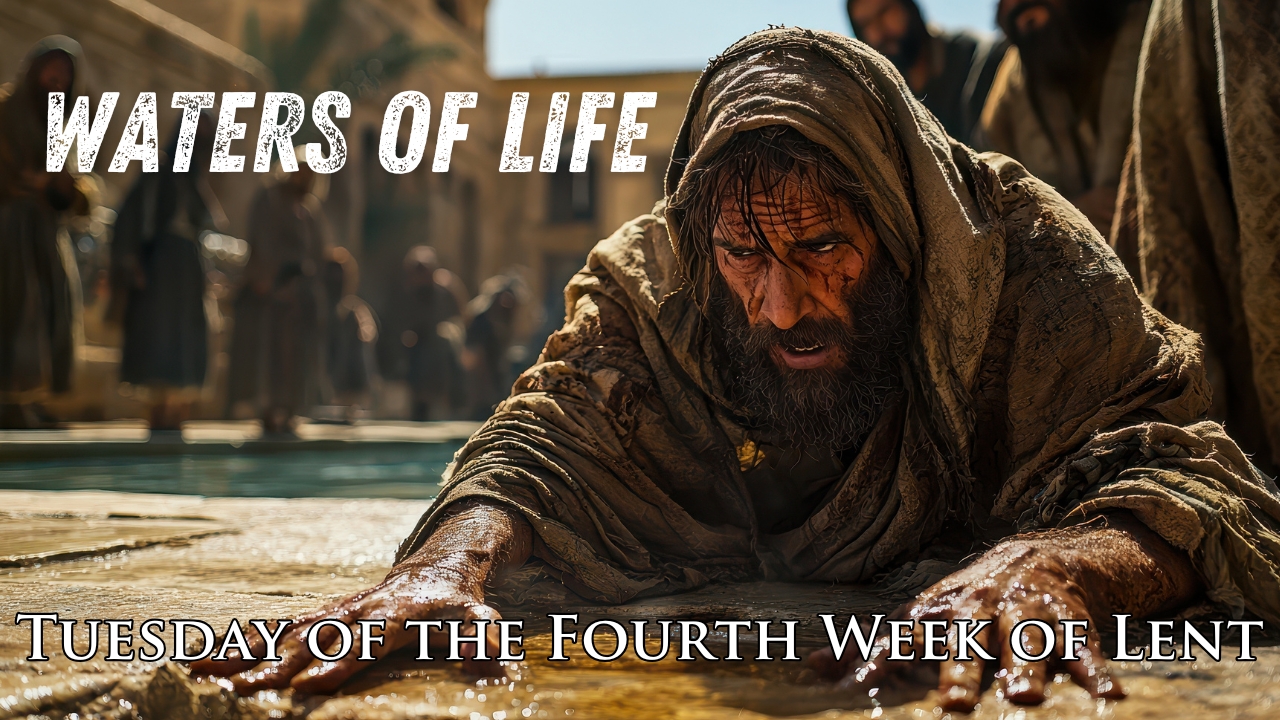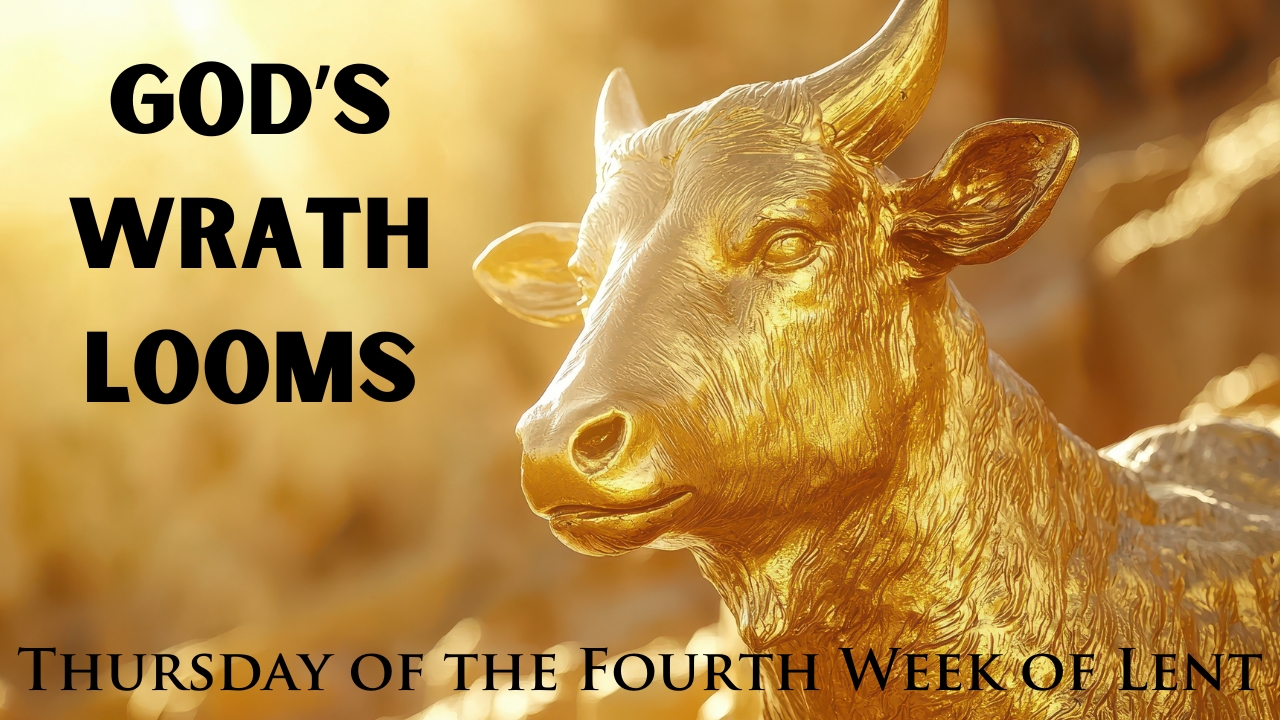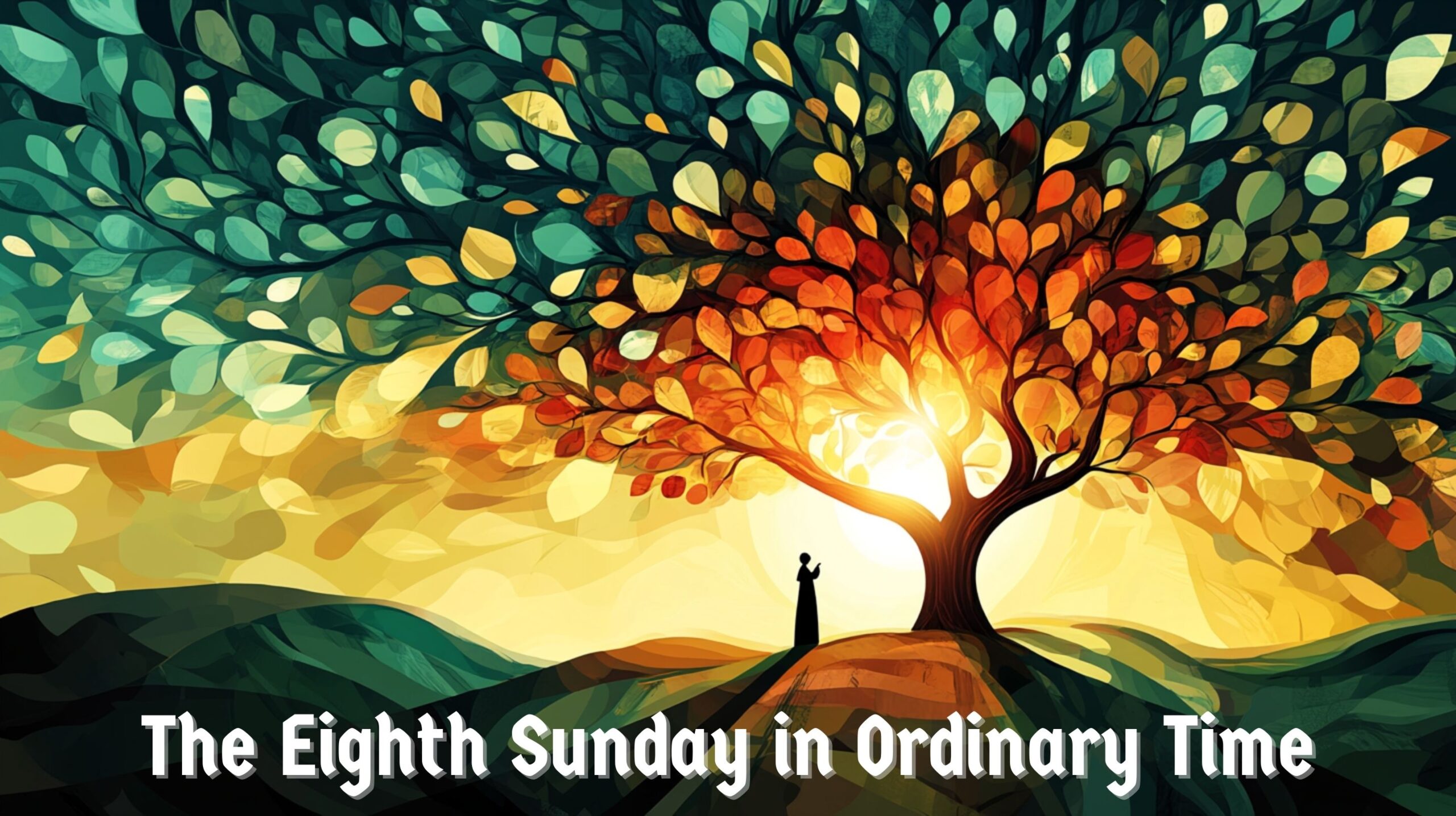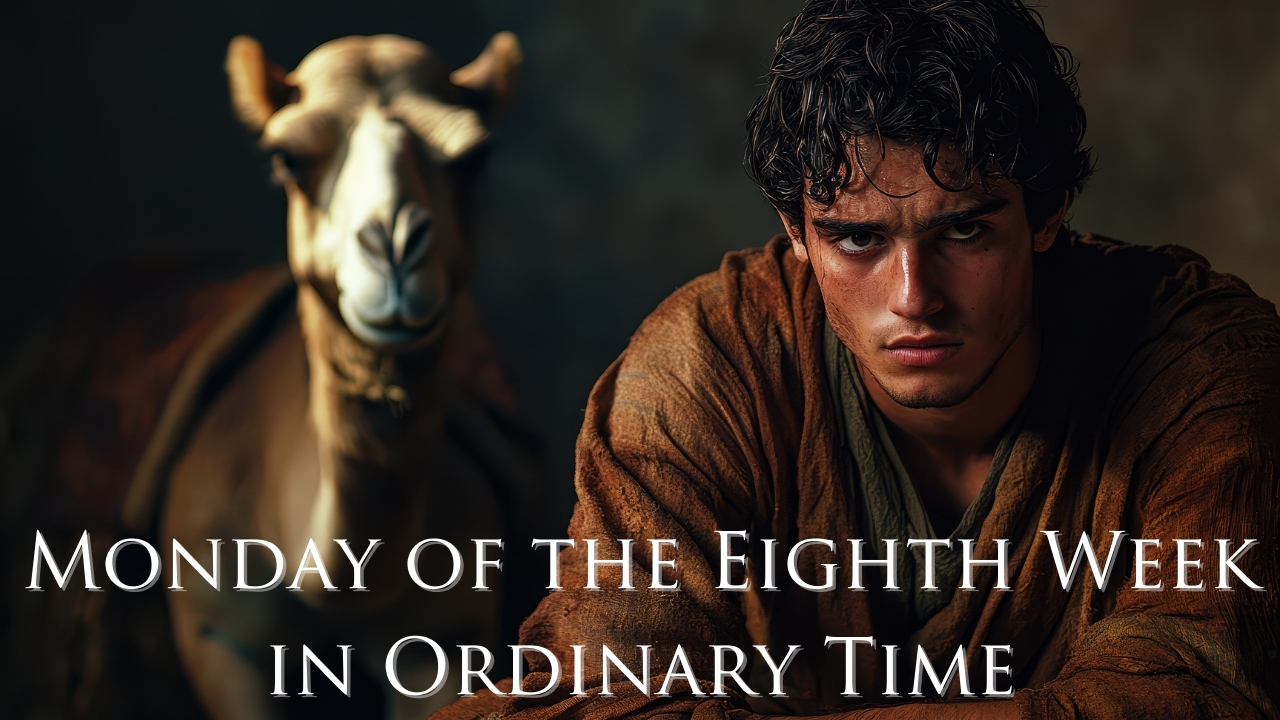Mercy Raises Life: A Voice That Shakes the Grave | Daily Readings | April 2, 2025
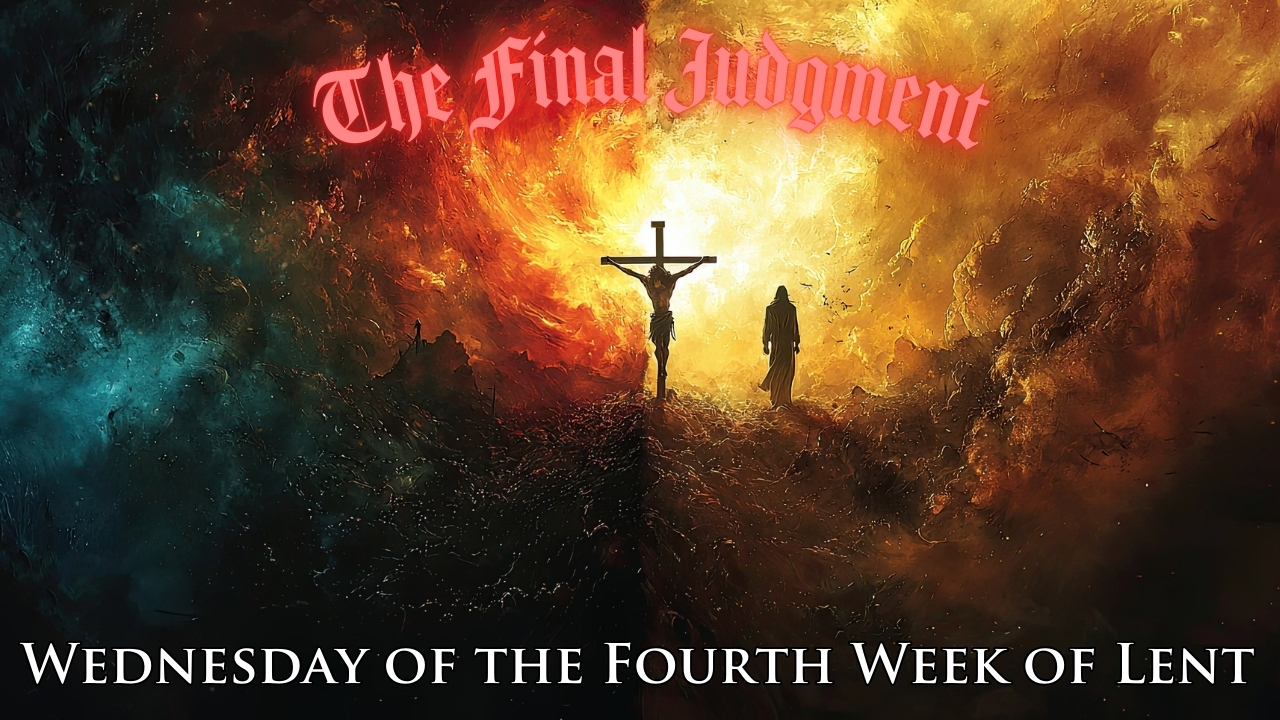
🌟 HOPE WHEN YOU FEEL FORGOTTEN: A Powerful Lenten Reflection 🌟
Ever felt like you’re completely alone? Like the world has forgotten you? This reflection will change everything.
Dive deep into a transformative journey through ancient scripture that speaks directly to your heart today. Discover how a promise made thousands of years ago can resurrect hope in your life right now.
🔑 What you’ll uncover:
- The shocking truth about divine love that defies human understanding
- How ancient words can heal modern pain
- A message of hope that’s more powerful than your current struggles
- The real meaning behind Jesus’ most controversial statements
This isn’t just another religious talk. This is a lifeline for anyone who’s ever felt lost, abandoned, or hopeless.
✨ Perfect for:
- Those seeking spiritual depth
- Anyone struggling with faith
- People looking for real hope in tough times
- Those curious about the power of ancient scriptures
📖 Readings explored:
- Isaiah 49:8-15
- Psalm 145
- Gospel of John 5:17-30
Hope in the Darkness: A Journey of Restoration and Divine Love
Imagine a people crushed. Exiled. Forgotten.
The words from Isaiah echo through centuries of human suffering—a promise that speaks directly to the heart of every person who has ever felt abandoned, lost, or broken. “Can a mother forget her infant?” God asks, with a tenderness that cuts through millennia of human pain and divine compassion.
For the Jewish people of Isaiah’s time, these words were nothing short of revolutionary. They were a nation in exile, torn from their homeland, scattered like dust across foreign lands. The Babylonian exile had shattered their sense of identity, their connection to God, their very understanding of themselves. They felt forsaken, forgotten—exactly how many of us feel in our darkest moments.
But here comes a promise that defies all human understanding of abandonment: “I will never forget you.”
This promise resonates through the Psalm’s proclamation: “The Lord is gracious and merciful, slow to anger and of great kindness.” It’s not just a theological statement—it’s a lifeline. A reassurance that even when the world seems dark, when we feel most alone, there is a love that pursues us, that lifts up those who are falling, that raises up those bowed down.
The Gospel of John takes this promise and gives it an even more profound dimension. Jesus, speaking to the religious leaders of his time, reveals a radical understanding of divine relationship. When he says, “My Father is at work until now, so I am at work,” he’s challenging everything they thought they knew about God.
To the Jews of his time, this was explosive language. By calling God his Father and claiming to work as God works, Jesus was asserting an equality that was blasphemous to their ears. But he was also revealing something profound: God is not a distant, uncaring deity, but an active, loving presence constantly working in our world.
Consider the depth of Jesus’ words: “Whoever hears my word and believes… has passed from death to life.” This isn’t just about some future promise—it’s about a transformative present reality. It’s about experiencing resurrection not just as a future event, but as a current, living truth.
The connection between these readings is stunning. From Isaiah’s promise of restoration, through the Psalm’s celebration of God’s mercy, to John’s revelation of divine love and resurrection power, we see a consistent message: Hope is not just possible—it is inevitable.
In our modern world of uncertainty, of global challenges, of personal struggles that often feel overwhelming, these readings speak directly to our hearts. They remind us that:
- We are never truly forgotten
- Restoration is always possible
- Love is more powerful than any circumstance
- Hope is not a wishful thought, but a living reality
This isn’t just ancient text—this is a living, breathing invitation. An invitation to believe that no matter how dark things seem, there is a love that pursues you, a hope that resurrects, a God who remembers you more deeply than a mother remembers her child.
The question is not whether this love exists, but whether you are willing to receive it.

